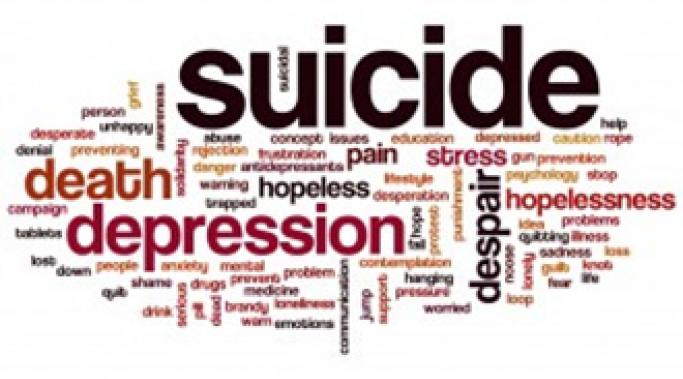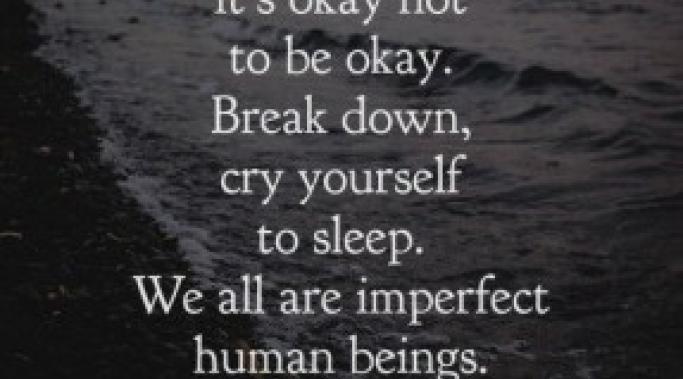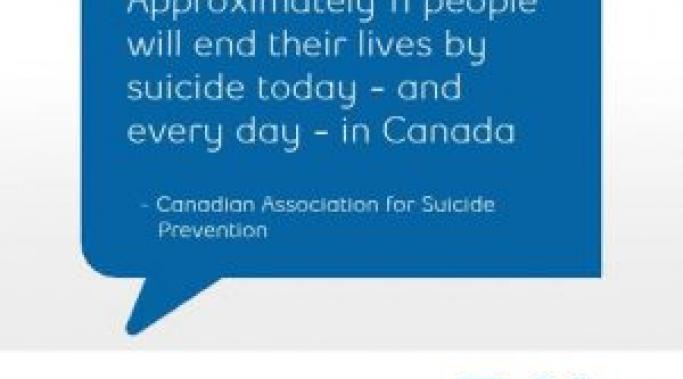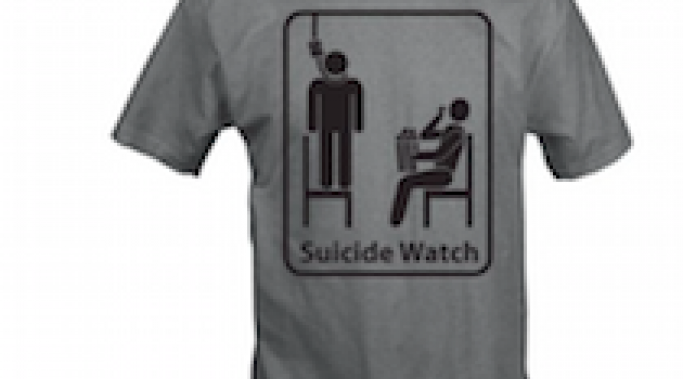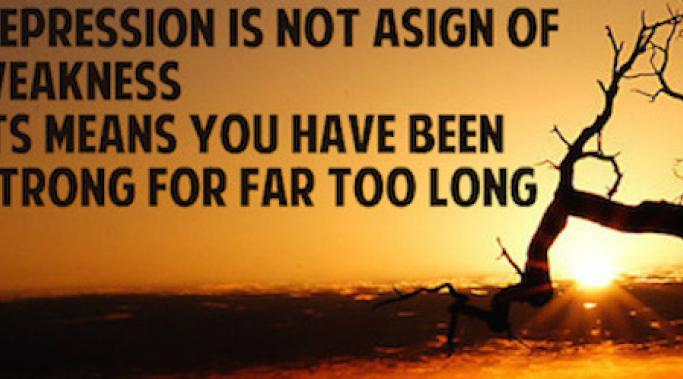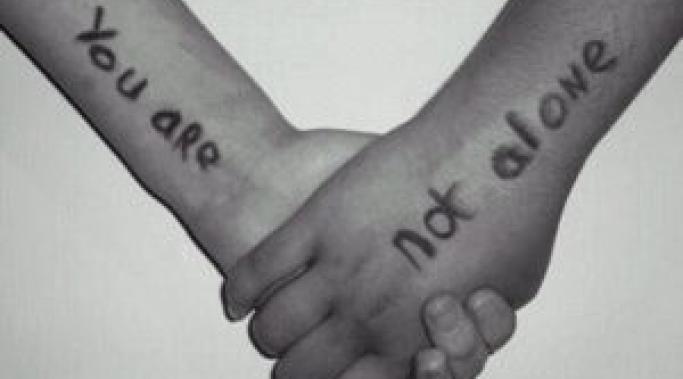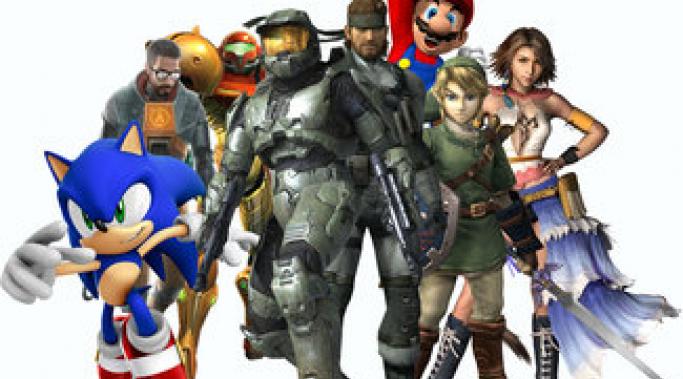There is a stigma around suicide that says suicide is selfish. Despite all the conversations everyone has started about mental illness, despite any awareness campaigns and openness from people who have struggled, suicide is still a touchy subject (#SU4MH). It’s avoided and it’s looked down upon. Most commonly, suicide is called selfish. How can someone kill themselves and not think about the people left behind? How can someone only think of their own pain? But the idea that suicide is selfish is a product of stigma.
Stigma and Society's Perception of Mental Illness
It's important to know when to let someone with a mental illness be upset. The phrase, “It’s okay not to be okay” is commonplace among the encouragements from the mental health community; and rightly so since the message is more than true and something that we all need to realize (With Mental Illness, It's Okay To Create Your Own Normal). Unfortunately, the phrase seems to stop there and “okay” means only certain types of okay. What I mean is, while people are happy to say that phrase and feel like they mean it, letting someone with a mental illness be upset isn't considered "okay."
I wish to address the good and bad of mental health self-diagnosis after my last blog post Destigmatizing Self-Diagnosis of Mental Illnesses due to the response I’ve gotten. I knew from the moment I thought of writing that blog I would be faced with a large amount of disagreement, and although I didn’t receive as much as I had expected, it was still present. So here is, more or less, a response to everyone who commented and probably even some of those who didn’t on the good and bad of mental health self-diagnosis.
One thing that has a bad reputation, even within the mental health community, is self-diagnosis but I think that self-diagnosis of mental illness should be destigmatized. I have seen posts that suggest people who self-diagnose are just attention-seekers who give a bad name to mental health and those who suffer with mental illnesses. Especially in the day and age when Googling symptoms can sometimes lead to really extravagant diagnoses, it seems perhaps better to just avoid self-diagnosis at all but destigmatizing self-diagnosis of mental illness may be a good thing.
You can use social media to combat mental health stigma. In today’s day and age, the Internet provides us with memes, cat videos, celebrity news, and Facebook plus other social media platforms, among other things. A lot of people would scoff and say some people spend too much time online and not enough time interacting with others. I can agree with this to some degree – that we see more online interaction than face-to-face interaction sometimes – but I think people who demonize the Internet are failing to see the amount of good it can do if we use social media to combat mental health stigma.
Sometimes corporations promote mental health stigma. I saw an example of this recently and knew I had to write about it. Corporations may not know they promote mental health stigma but sometimes they do it anyway.
Social anxiety disorder (SAD) is a stigmatized disorder, and we need to separate social anxiety disorder and shyness to decrease stigma (What Is Stigma?). Some people say that people with SAD are just shy, which is perceived as cute, and if we were to go out more it wouldn’t be so bad. This belief does not separate shyness from social anxiety disorder, and they are not decreasing the stigma around social anxiety disorder.
Sometimes it feels like romanticization of mental illness is everywhere these days and this feeds mental health stigma. Whether it’s some trendy post about what mental health “is” or how people with mental health illnesses “actually” are, it’s pretty likely to be somewhere in the social media sphere. One of the ones that bothers me the most is the one about “being strong for too long.” I’ll elaborate on how it romanticizes mental illness and feeds mental health stigma.
Mental health stigma teaches us that mental illnesses are rare, that only a few people have them, and that we should feel alone if we are one of those few. Stigma subtly teaches us to question the commonality of our mental illness.
When people come forward saying they have mental health issues, one of the automatic, and unfortunate, assumptions is the person must be doing it for attention. I'll also add it's true that it's hard to say how many misdiagnoses there are; however, the fact of the matter is mental illnesses are not rare.
Video games can help reduce the stigma of mental illness as popular video games fictionalize real life scenarios for entertainment. Video games that fictionalize the state of the world are often irresponsible and damaging, likely due to the portrayal of the video game’s interactive characters. Role-playing type games hold immense power by influencing our lives, but often negatively demonstrate the stigma of mental illness.
However, the game genre is an ideal place to work on improving mental health education by, instead, reducing the stigma linked to mental illness, and this is an opportunity to contribute to positively shaping the perceptions and attitudes of our population, especially our youth. Video games can help reduce mental illness stigma.
